Does Japanese cars still have a future in China? Nissan and Honda are planning to reduce their production in China
 AshleyApr 11, 2024, 11:03 AM
AshleyApr 11, 2024, 11:03 AM
As the global automotive market changes, Japanese car manufacturers are facing unprecedented challenges in China, which is the world's largest car market. For a long time, Japanese cars have won widespread recognition from consumers for their reliable quality and exquisite craftsmanship. However, with the rise of electric vehicles and the emergence of domestic brands in China, this pattern is undergoing profound changes.
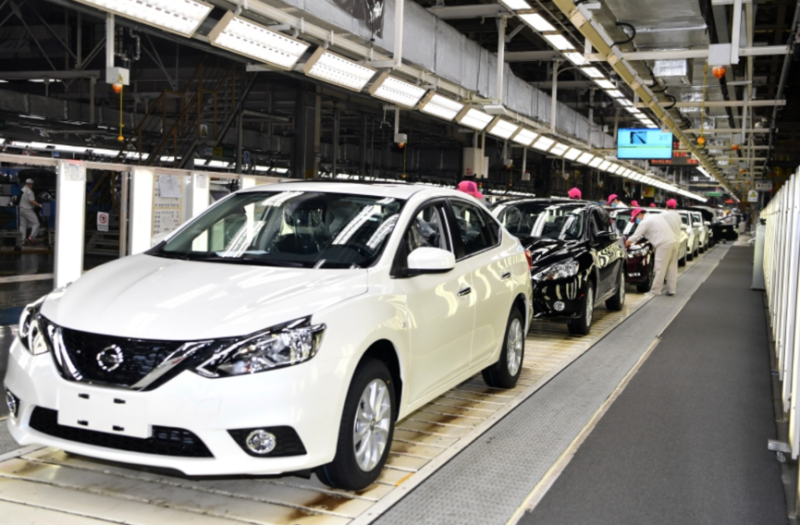
According to The Nikon Kaizai Shimbun, Chinese car manufacturers have shown remarkable competitiveness in the field of electric vehicles, especially pure electric cars and plug-in hybrid cars. They have not only improved the performance and quality of products through technological innovation but also reduced costs and increased price competitiveness by optimizing production processes and supply chain management, which forces Japanese car companies to seek change and respond anxiously.
Nissan and Honda, as representative enterprises of the Japanese automobile industry, their strategic adjustment in the Chinese market has become the focus of industry attention. According to reports from Japanese media, Nissan has reduced its production capacity in China by 30%, or around 500,000 units per year. Currently, Nissan produces about 1.6 million cars in China each year.
Nissan's joint venture with China's Dongfeng Motor operates eight factories in China, including factories in Hubei and Henan province. Nissan will restructure these factories and use some less demanded factories for export to other regions in Asia. By 2023, Nissan's annual production in China had fallen by 24% to 793,000 units, falling below the 1 million mark for the first time in 14 years.
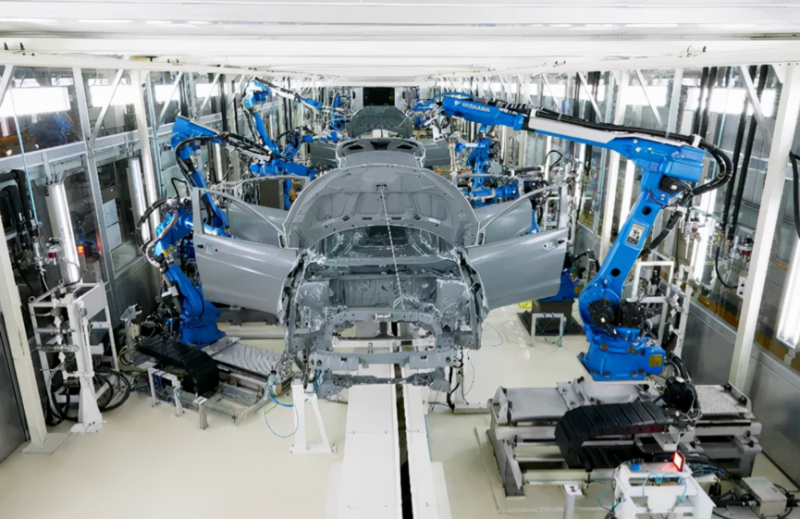
Honda also hopes to reduce its production capacity in China by 20%, to around 1.2 million units per year. Honda is discussing production cuts with local partners and has informed key suppliers that it will cut production. Honda has two joint ventures in China, one is a partnership with GAC Group and the other is with Dongfeng Motor Group, with a total annual production capacity in China of 1.49 million units.
These figures reflect not only the severe situation faced by Japanese car companies in the Chinese market but also indicate that they may be considering more far-reaching strategic adjustments.
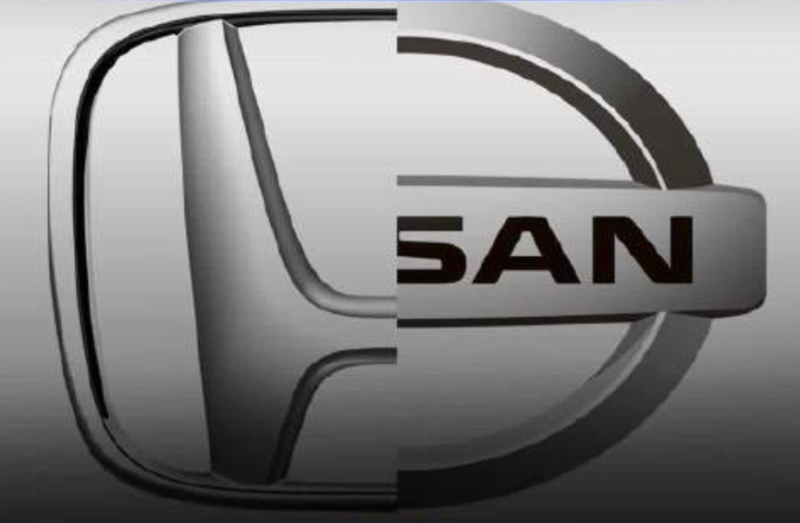
However, in response to the report, Nissan and Honda did not provide clear responses. A Nissan representative pointed out that there are inaccuracies in the report without specifying where. And Honda said it has not yet decided to reduce production to 1.2 million vehicles. These vague attitudes suggest that they may be evaluating the overall market situation and researching more appropriate strategic responses.
Interestingly, although Japanese car companies are under pressure in the Chinese market, they still enjoy advantages in other markets such as North America and Southeast Asia. Therefore, some analysts believe that disadvantaged Japanese cars may reduce their operations in China and focus on markets where they are dominant. However, the potential and attractiveness of the Chinese market cannot be ignored. As the share of Chinese-branded cars in the domestic market increases year by year, and with the rapid development of electric vehicles, the Chinese market has become the focus of global auto industry competition.
By 2023, the proportion of Chinese-branded cars in the sales of passenger cars in China has increased to 56%, it is a figure that is expected to continue to grow in the future. Chinese car companies have made remarkable achievements in technological innovation, quality improvement, and market expansion, gradually breaking the monopoly of foreign brands. At the same time, Chinese car companies are also actively expanding overseas markets in search of broader development space.
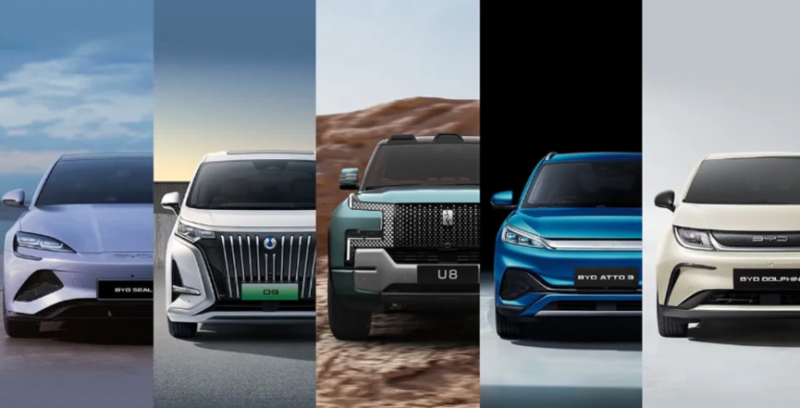
Last year, China's automotive exports surpassed Japan to top the list for the first time, especially in the South Asian market, Thailand has become one of the important export markets for Chinese car companies. The success of Chinese cars in the Thai market, represented by BYD and other Chinese car companies, has not only broken the monopoly of Japanese cars in this market but also provided valuable experience for Chinese car companies to further expand overseas markets.
Confronted with the rise of Chinese car companies and the transformation of the global car market, Japanese car companies have begun to plan their counterattacks. Many Japanese car companies have clearly stated that they will increase their investment in the Thai market in the future to strengthen the competitiveness of Japanese electric vehicles. This indicates that Japanese car companies are accelerating their shift towards electric vehicles and are trying to compete with Chinese car companies by improving cost competitiveness.
If any infringement occurs, please contact us for deletion
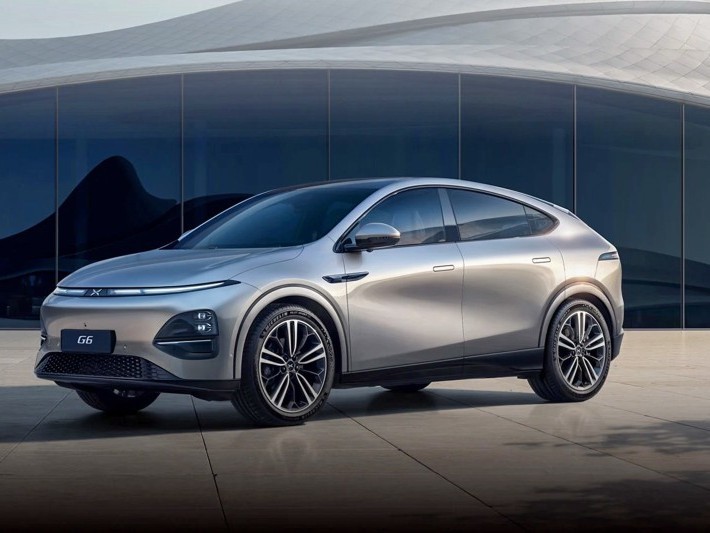
Try electric travel, which is more fun, BYD Sealion 7 or Xpeng G6?
It's not about saving that little bit of gas money, just want to try the driving experience and smart technology of electric cars.Electric cars like BYD Sealion 7 and Xpeng G6 sound quite unfamiliar, not as familiar as Proton, Perodua and Toyota.But there's a way for us to understand them well. The history of the manufacturer determines the look of the car, Proton and Perodua are the same, so are electric car manufacturers.Sealion 7 comes from BYD, BYD can be considered a traditional car manufac
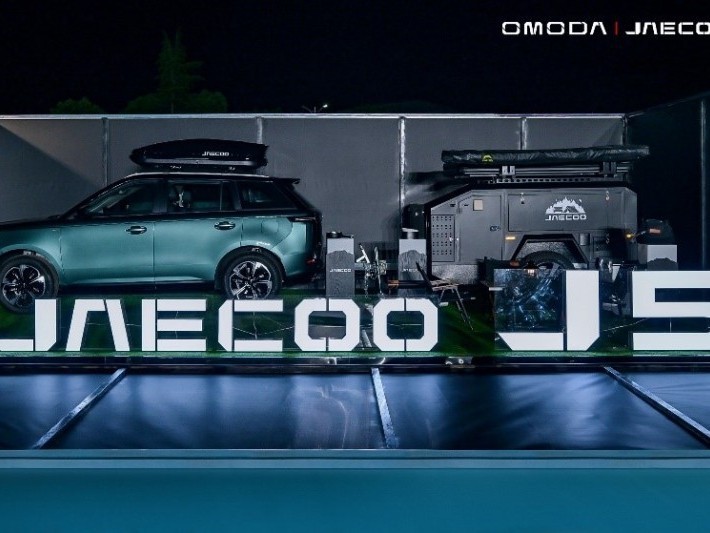
Jaecoo J5: Pet-friendly B-segment SUV, expected to be on the market next year! 1.6T+7DCT!
The Jaecoo J5 is confirmed to be introduced in Malaysia and slated for the fourth quarter of 2025. Emily Lek, Vice President of Jaecoo Malaysia, said: "We are excited and looking forward to expanding Jaecoo's product line in Malaysia. Jaecoo J5 will be adapted to cater fully to the Malaysian market, based on our extensive market research. Malaysia can expect to witness the debut of Jaecoo J5 in the fourth quarter of 2025."At the 2024 Omoda Jaecoo International Global User Ecological Summit, the

Tesla Model Y Juniper is Coming Soon: The Next Chapter of the Tesla Electric Car Empire!
In 2023, Tesla sold over 1.22 million Tesla Model Y cars worldwide, making it the best-selling electric car and continuing to be one of the most popular Tesla models.Although Tesla has not yet announced specific plans for the new Tesla Model Y, CEO Elon Musk posted a spy photo of a disguised new Tesla model on X-account. The video reveals more details of the car's front and rear light design, and rumors have it that a camera is installed in the front bumper for Tesla's full self-driving technolo
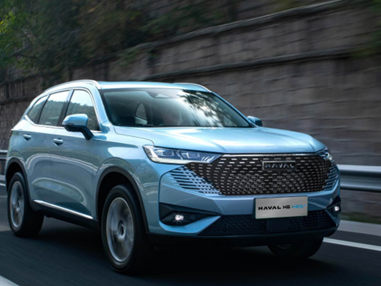
The Chinese version of Proton X70 has defeated the Honda CR-V and now it has arrived in Malaysia
In China, there is a car similar to the Proton X70, which is the HAVAL H6.The HAVAL H6 was born in 2011. Thanks to its low price and large space, and frequent remodels, the HAVAL H6 won the sales championship of the segment market for 92 consecutive months, with a monthly sales of over 20,000 units, even the Honda CR-V is not its rival.Now with the trend of electrification and export in China's automobile industry, the HAVAL H6 HEV also arrived in Malaysia in October.Currently, the HAVAL H6 HEV
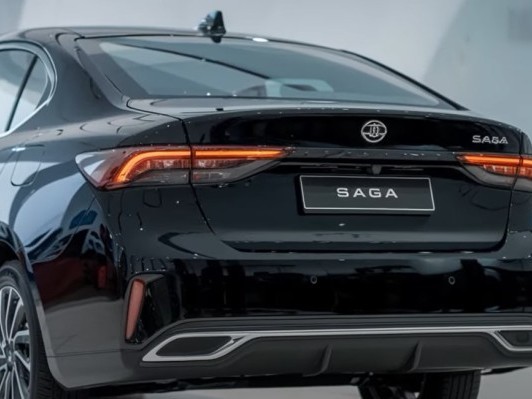
2025 Proton Saga images leaked? The exterior design has a Japanese car style!
On November 17th, a set of pictures claiming to be the 2025 Proton Saga was found on the video platform YouTube, but the pictures were not marked as official sources. Judging from the exposed pictures, the new Proton Saga will carry more Japanese car design influences, and the car design style is especially close to Toyota.Judging from the body proportions of the exposed pictures, the short body and tall body of the Proton Saga in the picture do match the current models, the current body size is
Popular Cars
Car Compare

